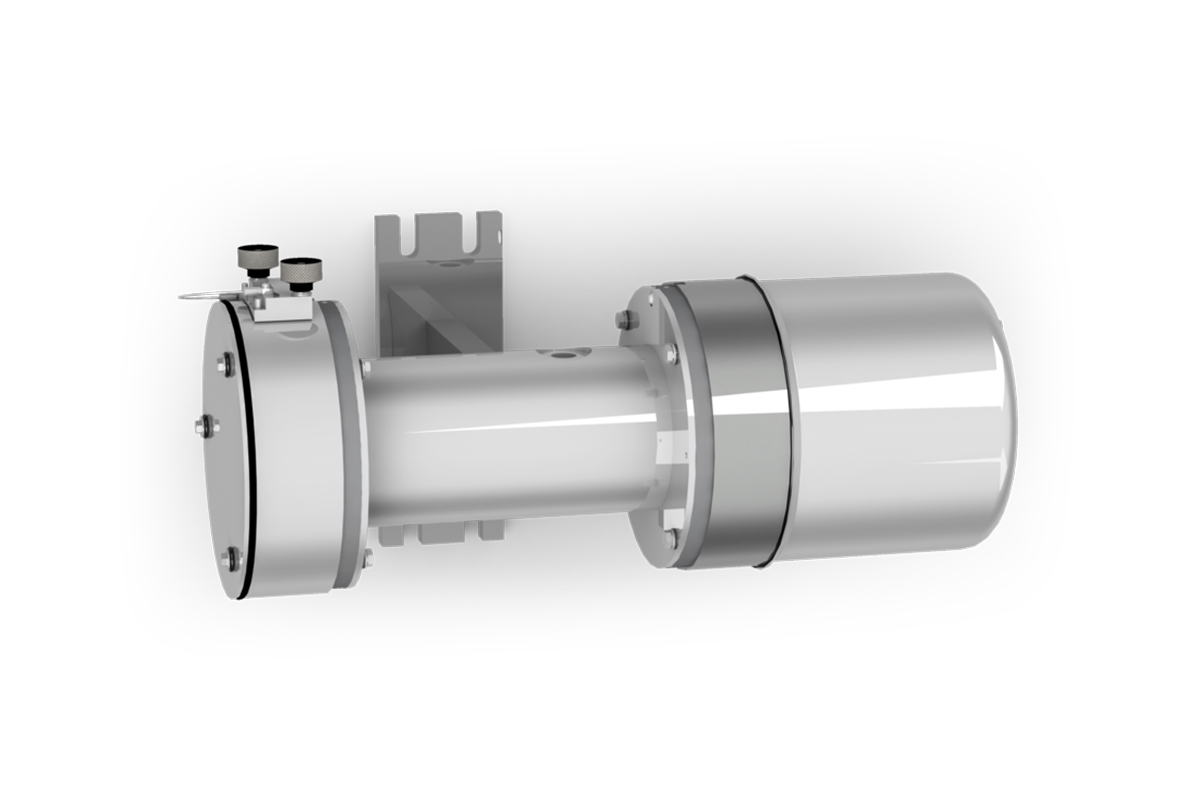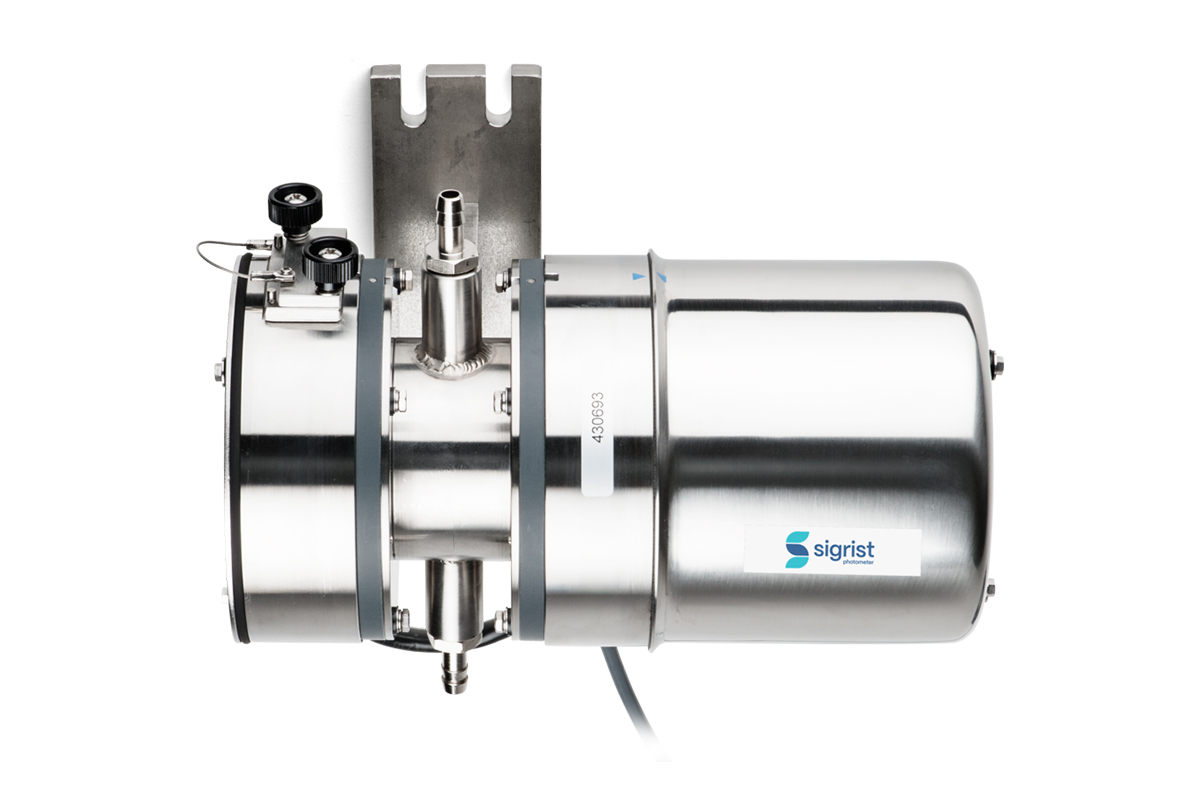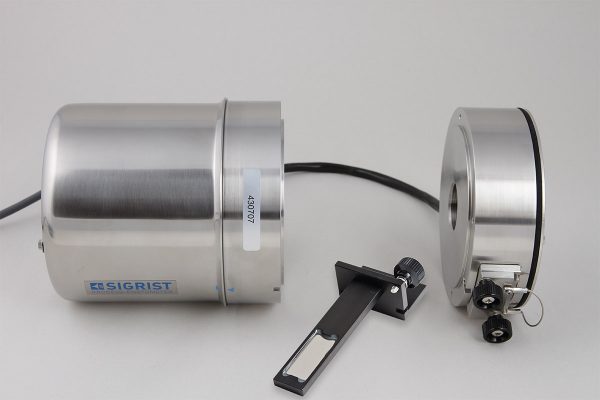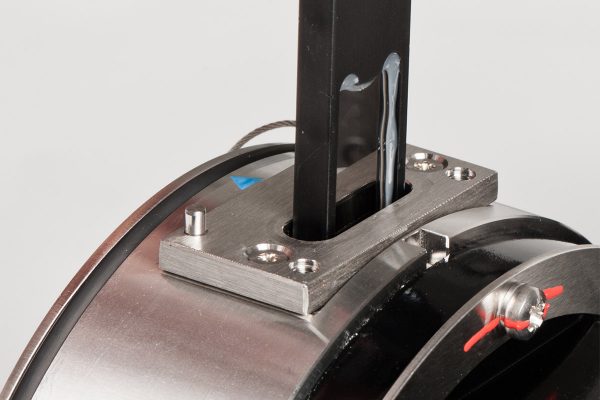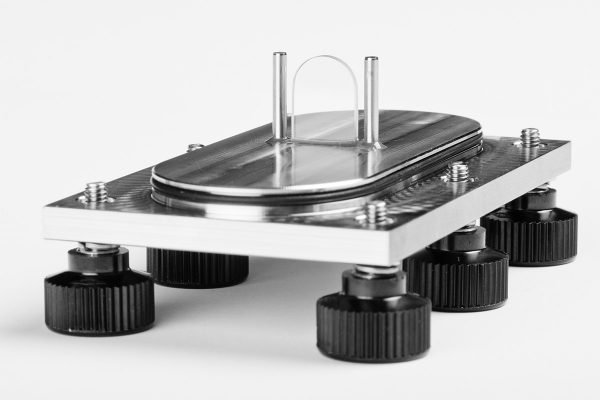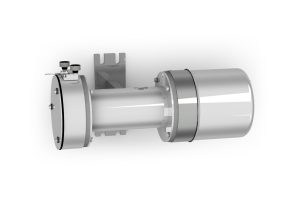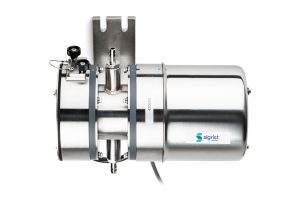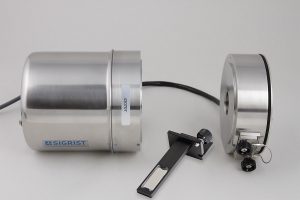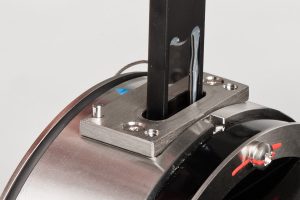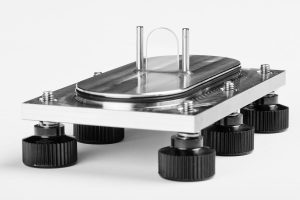Description
Technical Description – ColorPlus 2 O3
Ozone O3 Concentration is Gas and Ultra-pure Water
The ColorPlus O3 analyser can be setup to measure ozone in either gases or ultra-pure water. Let’s have a brief overview of both versions.
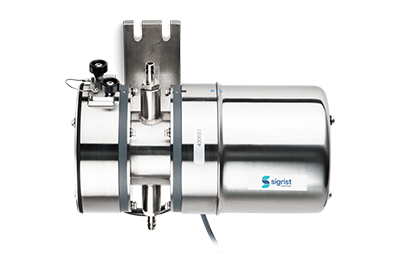
Measuring Ozone O3 in Water: The Sigrist ColorPlus 2 O3 Ozone meter for ultra-pure water measures the ozone concentration at a wavelength of 254nm according to standard DIN 19627 and the IOA (International Ozone Association). This instrument has a special measuring cell with a path-length of 100mm which allows measuring ozone in ultra pure water in the ppb range.
Measuring Ozone for Gases measures the ozone concentration according to standard DIN 19627 and the IOA at a wavelength of 254nm. According to these standards, the extinction coefficient is 3024 l/mol cm. Therefore, the ozone measurement can be regarded as an absolute measurement requiring no calibration with ozone.
A Closer Look
The ColorPlus O3 Ozone for Gases
There are unique measuring cells, with different path-lengths, for measuring ranges of low or high concentrations. The concentration readings (e.g. in g/m3) are valid for the current pressures and temperatures prevailing during measurement. However, for conversion to standard conditions, an external pressure and temperature sensor can be connected to the operating unit. The calculation is then automatically performed by the instrument.
Both the Ozone in Gas and Ozone in Water ColorPlus O3:
Operator Interface
Operation is preformed using the touch screen technology and colour display of the SICON, common to many other Sigrist instruments. Values, graphs, alarm and status messages can be selected and displayed. An internal data logger allows recalling and displaying measured data from the last 32 days. A variety of analogue and digital interfaces allows for system integration and control.
Ease of Maintenance
For validating the correct operation of either the Ozone in Water or Ozone in Gas instruments, a highly stable, homogenous and accurate optical checking unit, can be easily inserted into the instrument without requiring any tools.
DCS/PLC integration. We offer a range of output signals for efficient communication with your equipment.
- Up to four 4-20 mA outputs, Digital inputs and outputs
- Ethernet, Modbus TCP
- Optional: Profibus DP, Modbus RTU
HART optical calibration elements from a major aerospace company, the Calibration process couldn’t be easier. No chemicals. No mixing. No cost.
Specs at a Glance
ColorPlus 2 O3: Ozone in Water analyser
Measuring principle UV Light Absorption
Nominal range 0 – 200 mg/l
Resolution 1 µg/l
Measuring wavelength 254 nm
Enclosure ANSI 304
Protection index IP65
Flow cell material ANSI 316L
Sample temperature max. 80°C
Sample pressure max. 600 kPa (= 6 bar)
ColorPlus 2 O3: Ozone in Gas analyser
Measuring principle UV Light Absorption
Nominal range 0 .. 300 g/m3
Resolution 1 mg/m3
Measuring wave length 254 nm
Flow cell material ANSI 316L
Units mg/m3, %wt.
Linearity Better than ±0.5% transmission
EU Declaration of Conformity
Hover Box Element
Click edit button to change this text. Lorem ipsum dolor sit amet, consectetur adipiscing elit. Ut elit tellus, luctus nec ullamcorper mattis, pulvinar dapibus leo.
Sigrist Communication Software
Vx29 is the current software controlling communication between the analyser and the SICON.
Check for updates periodically. Sign up to our newsletter for notifications of software updates.
The control unit SICON uses state-of-the-art touch screen technology with colour display. It allows simple operation using logical menu guidance. The user can select how results are displayed, either as plain values, graphs or historical data, including the indication of system and alarm status.
The control unit SICON offers all possibilities of full system integration using various interface options. A SD card is standard and can be used for data logging with almost unlimited storage capacity.
The SICON is available as a control unit for a single instrument, or the SICON M Control Unit which allows simple operation of several instruments up to a maximum of 8 measuring channels.
